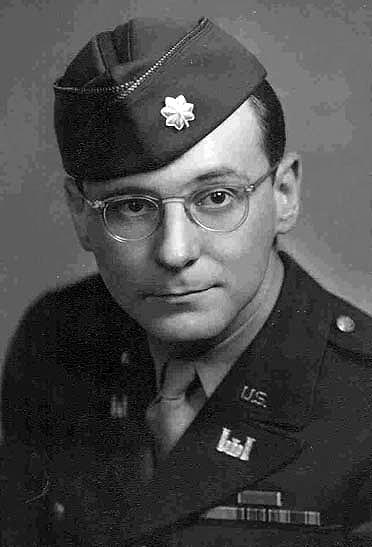From “Voices of the Manhattan Project,” 2002 interview with Thomas O. Jones
I was in my office when the phone rang. Washington was calling, which happened steadily throughout the day. But this was to report that President Roosevelt had just died in Warm Springs.
The first thing I had to do was get to Oppenheimer. His office was just across the main street of the technical area in a long wooden GI Army building parallel to mine. An arched wooden walkway connected the two buildings on the second floor and I hastily began to walk across the footbridge. As I came up over the bend, I saw a figure heading towards me.
I knew at once that Oppenheimer was heading for my office just as I was a bit ahead of him heading for him. We met knowing what the subject was going to be and he said “Is it true?” and I said, “Yes, Oppie.” It confirmed what he probably expected to hear and he wanted to talk about it for a few minutes. I could sense at once that he had strong feelings about Roosevelt.
Oppie was ruminating about a previous encounter with Roosevelt at which he had been very struck by the man’s personality. He had been very impressed, not just with the mind, but with the cordiality and thoughtfulness he had found in Roosevelt on that occasion. It had been a deep experience for him, just as it was a deep experience for me to behold this reaction to the news on Oppenheimer’s part.
I could not conceive of someone who had come away from the meeting with Roosevelt feeling as he did about him as someone who would betray his country. That brief exchange concerning Roosevelt was something out of the ordinary and decided how I felt about Oppie. We departed as casual friends; it was a rather deep casual friendship.
When he left Los Alamos later, he sent me a large photograph of himself on which he had written “in memory of common woes.”





